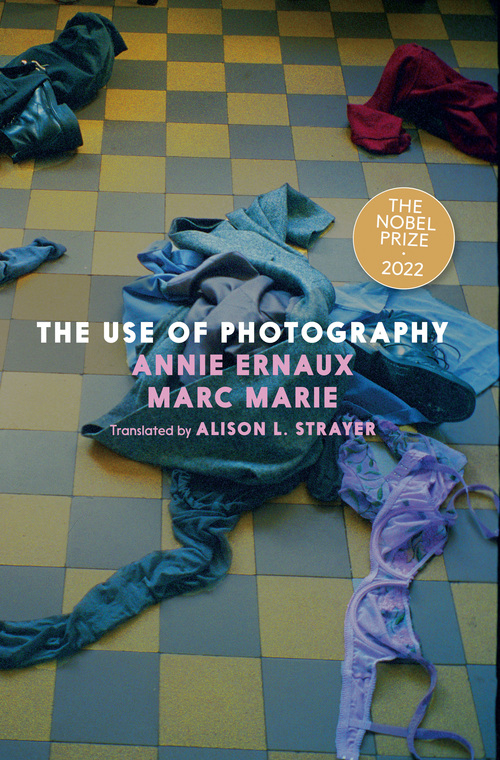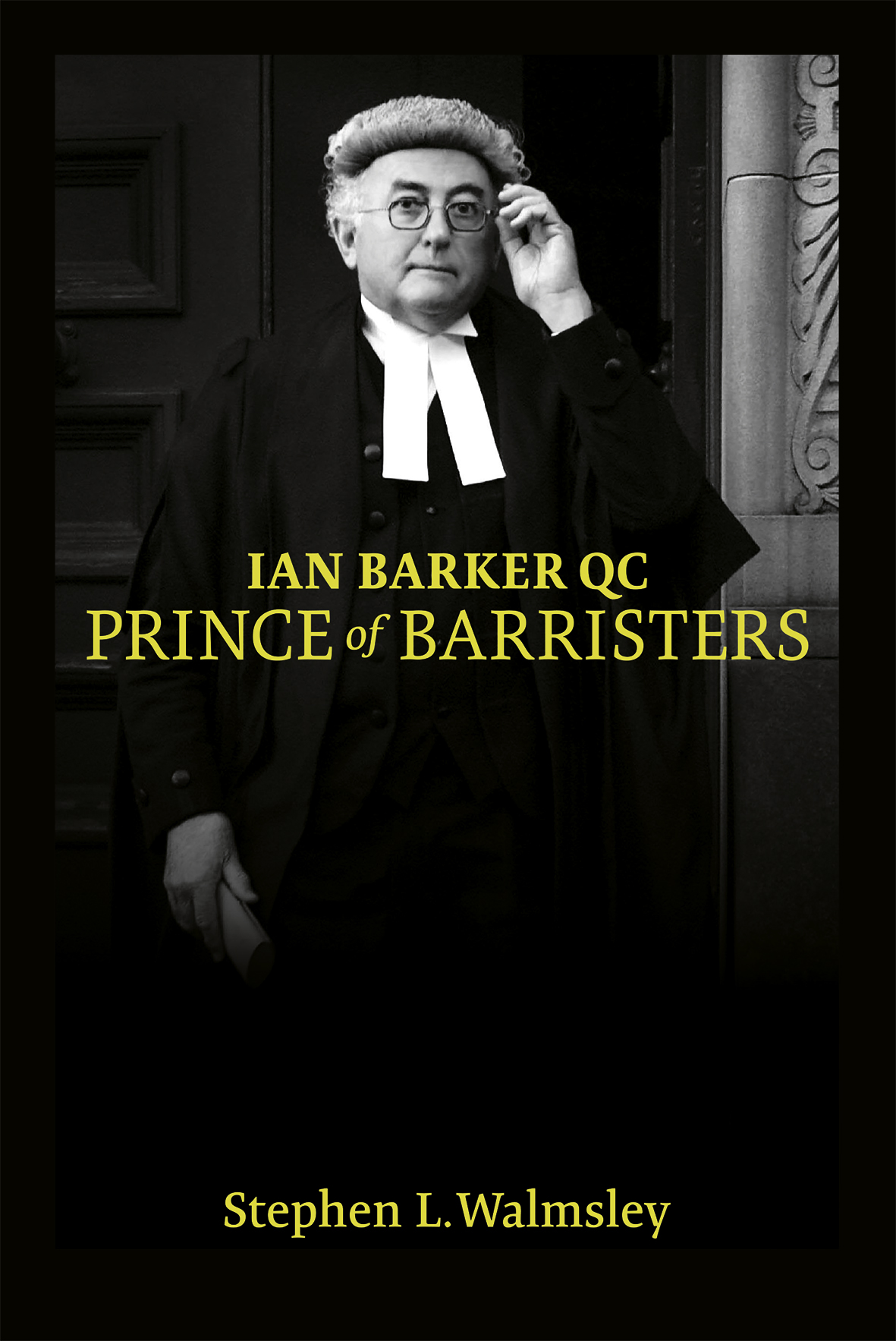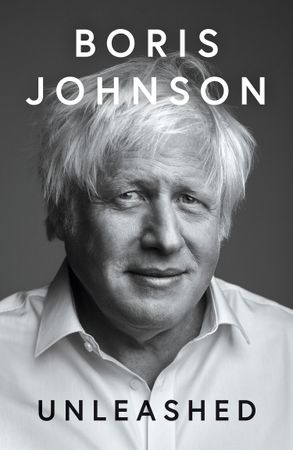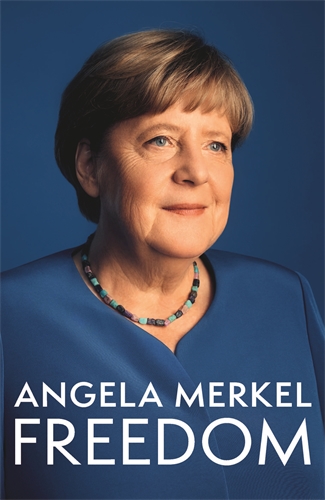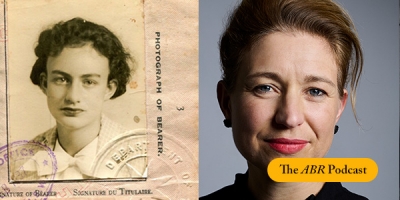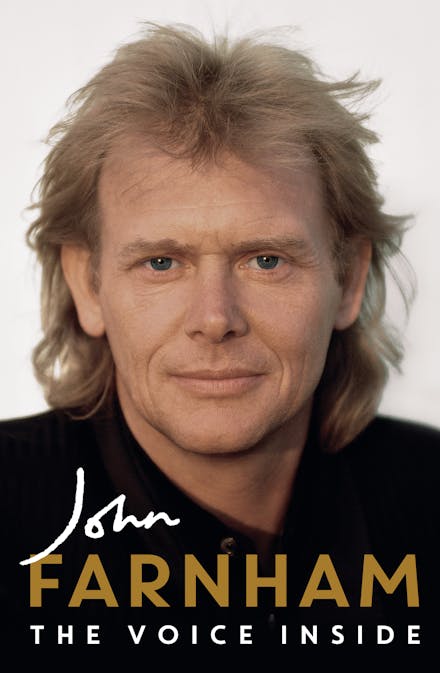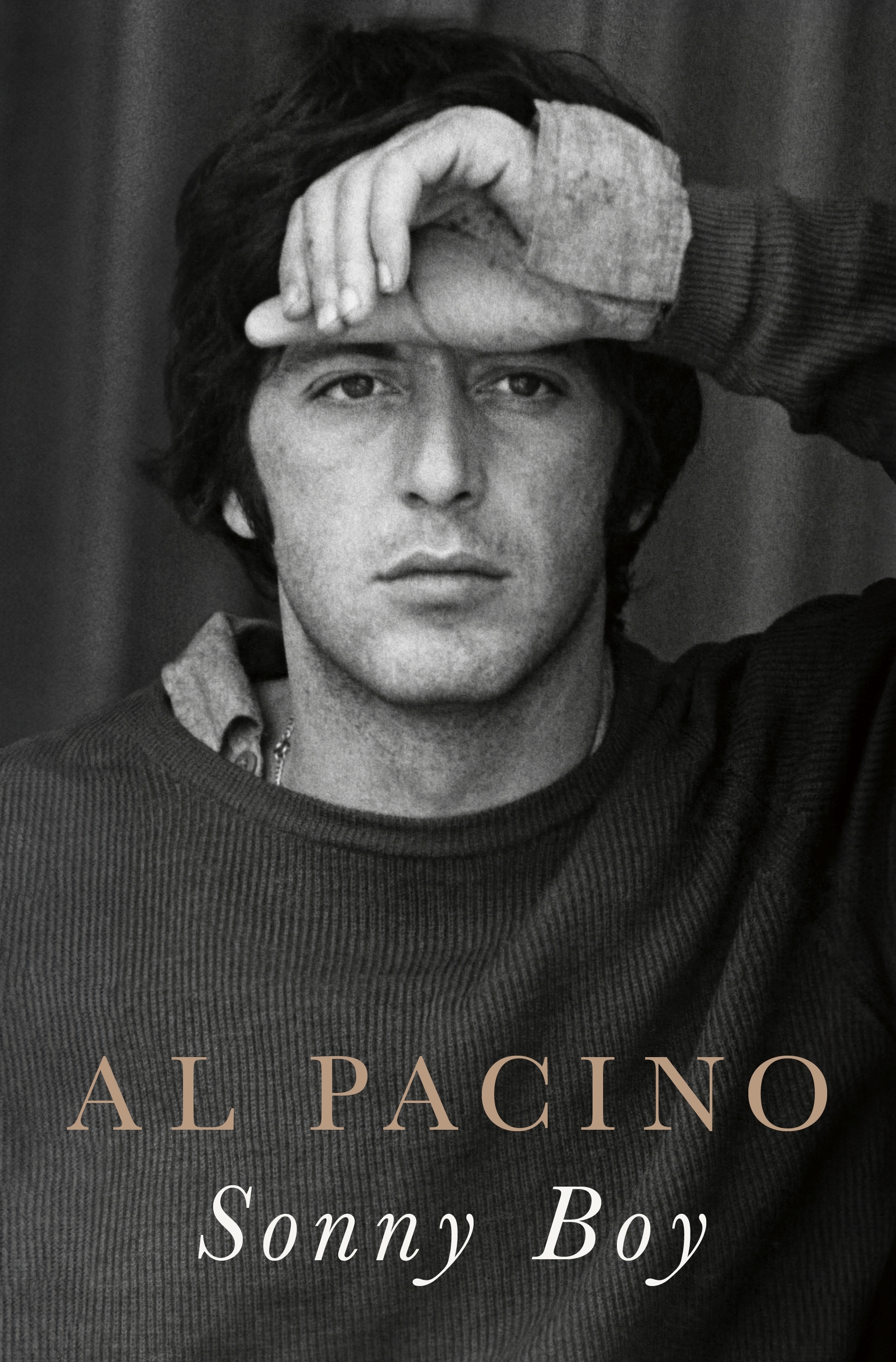Memoir
Gutsy Girls: Love, poetry and sisterhood by Josie McSkimming
by A. Frances Johnson •
The Use of Photography by Annie Ernaux and Marc Marie, translated from the French by Alison L. Strayer
by Beth Kearney •
Freedom: Memoirs 1954-2021 by Angela Merkel with Beate Baumann translated from the German by Alice Tetley-Paul et al.
by Sheila Fitzpatrick •
This week on The ABR Podcast, Georgina Arnott discusses the dilemmas of writing an entry on Judith Wright for the Australian Dictionary of Biography. Georgina Arnott is the author of The Unknown Judith Wright, editor of Judith Wright: Selected Writings, and Assistant Editor at ABR. Listen to Georgina Arnott’s ‘“Shimmering multiple and multitude”: Keeping up with Judith Wright’, published in the January-February issue of ABR.
... (read more)The Voice Inside by John Farnham with Poppy Stockell
by Joshua Black •




